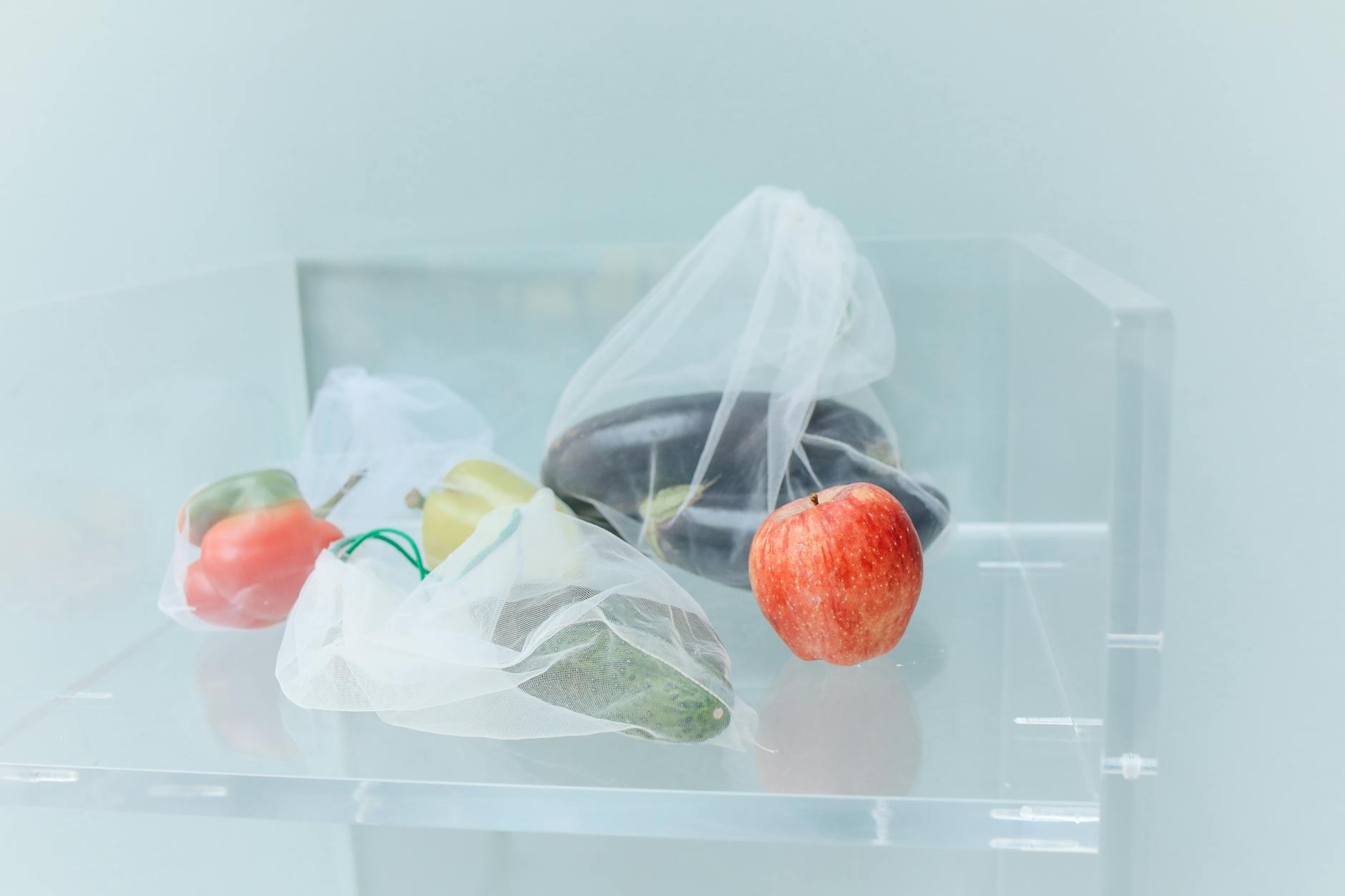Ocean Conservation: Top Ways to Save Seas from Pollution
Oceans cover more than 70% of our planet and play a crucial role in regulating climate, supporting marine life, and sustaining human livelihoods. However, seas around the world are facing unprecedented threats from pollution, which jeopardizes marine ecosystems and the countless species that depend on them. Addressing ocean pollution is essential for maintaining the health of our planet. This article explores effective ways to protect our seas and promote ocean conservation.
Understanding Ocean Pollution
Before diving into solutions, it is important to recognize the primary sources of ocean pollution. These include plastic waste, chemical runoffs from agriculture and industry, oil spills, untreated sewage, and heavy metals. Plastic debris alone accounts for millions of tons of waste entering the oceans each year, harming marine animals and contaminating seafood. Chemical pollutants can damage delicate coral reefs and disrupt aquatic food chains. Effective conservation strategies target these pollutants at their sources.
Reduce Plastic Use and Improve Waste Management
One of the most impactful steps individuals and communities can take is reducing plastic consumption. Single-use plastics such as bags, straws, and bottles are among the top contributors to ocean pollution. Opting for reusable alternatives helps minimize this waste stream. Equally important is advocating for improved waste management systems that prevent litter from reaching waterways. Proper recycling, composting, and the establishment of collection initiatives near coastal areas can significantly reduce ocean-bound trash.
Support and Participate in Beach Cleanups
Community engagement is vital in confronting ocean pollution. Beach cleanups not only help remove existing debris from the shore but also raise awareness about the severity of the problem. These activities offer a hands-on way for people to connect with their local environment and contribute to ocean conservation efforts. Organized cleanups often partner with environmental groups and can be a catalyst for broader policy changes.
Advocate for Sustainable Fishing and Marine Protection
Overfishing and destructive fishing practices contribute to the degradation of marine habitats. Supporting sustainable fishing encourages the use of responsible gear and techniques that reduce bycatch and habitat destruction. Additionally, the creation and enforcement of Marine Protected Areas (MPAs) safeguard critical habitats like coral reefs and mangroves from human interference, allowing ecosystems to recover and thrive.
Reduce Chemical Runoff Through Eco-Friendly Practices
Agricultural runoff loaded with fertilizers and pesticides is a significant source of chemical pollution in oceans. These substances promote harmful algal blooms and dead zones where marine life cannot survive. Farmers and gardeners can adopt eco-friendly practices such as integrated pest management, organic farming, and buffer zones to reduce the volume of chemicals entering waterways. Urban areas can also implement green infrastructure to filter stormwater runoff, minimizing pollution loads.
Support Research and Policy Initiatives
Scientific research provides the foundation for effective ocean conservation by identifying pollution sources, tracking ecosystem health, and developing innovative cleanup technologies. Supporting such research through funding, volunteering, or public education amplifies its impact. At the same time, advocating for policies that enforce stricter pollution controls, ban harmful materials, and incentivize sustainable practices can drive systemic change at regional, national, and global levels.
Embrace Ocean-Friendly Consumer Choices
Consumers hold power through their purchasing decisions. Choosing seafood certified by sustainable organizations, reducing carbon footprints, and avoiding products with excessive packaging all contribute to reducing ocean stress. Furthermore, spreading awareness about ocean pollution and conservation encourages more people to adopt ocean-friendly habits, creating a collective movement toward healthier seas.
Conclusion
Protecting the oceans from pollution requires a multifaceted approach involving individuals, communities, governments, and industries. By reducing plastic use, supporting cleanups, promoting sustainable fishing, minimizing chemical runoff, backing research and policy, and making informed consumer choices, each of us can play a role in ocean conservation. Our collective actions today will determine the health and resilience of the seas for generations to come. The time to act is now—because healthy oceans mean a healthy planet.

editor's pick
latest video
news via inbox
Nulla turp dis cursus. Integer liberos euismod pretium faucibua







